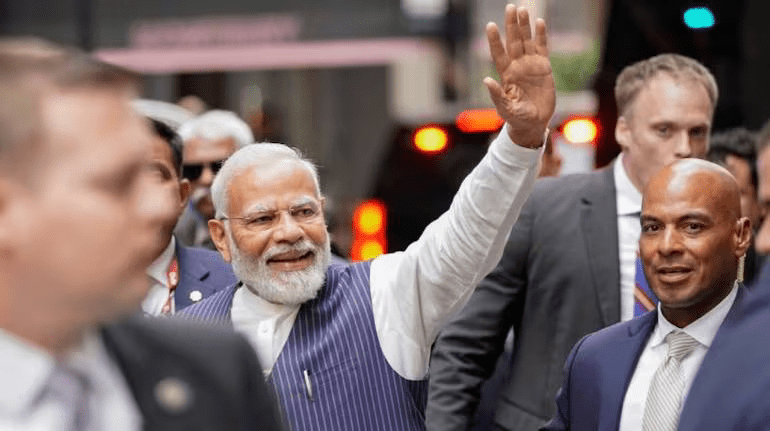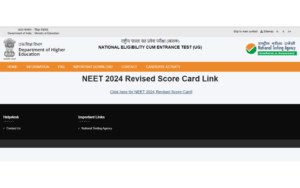
In his meeting with Applied Materials President and CEO Gary E. Dickerson in this location, Modi talked about the possibility for the company to work with academic institutions in India to develop a competent workforce.
In a move to strengthen semiconductor manufacturing in India, Prime Minister Narendra Modi has extended invitations to renowned American chip maker Micron Technology and leading technology company Applied Materials. Recognizing India’s competitive advantages in various aspects of the semiconductor supply chain, Modi aims to foster collaborations that will contribute to the growth and development of the Indian semiconductor industry.
Micron Technology: A Boost for Semiconductor Manufacturing
Prime Minister Modi has extended an invitation to Micron Technology, urging them to augment semiconductor manufacturing in India. As a global leader in chip manufacturing, Micron Technology’s expertise and resources can play a pivotal role in advancing India’s semiconductor capabilities. By leveraging India’s favorable conditions for semiconductor production, Micron Technology has the opportunity to establish a significant presence in the Indian market.
Applied Materials: Fostering Process Technology and Advanced Packaging Capabilities
Another significant collaboration sought by Prime Minister Modi is with Applied Materials. During a meeting with Applied Materials’ President and CEO, Gary E Dickerson, Modi explored the potential for developing process technology and advanced packaging capabilities in India. Recognizing the importance of a skilled workforce, Modi discussed the possibility of collaboration between Applied Materials and Indian academic institutions to nurture and empower talented individuals in the semiconductor domain.
Strengthening Aviation and Renewable Energy Sectors
During discussions with General Electric’s CEO, H. Lawrence Culp Jr., Prime Minister Modi expressed his appreciation for GE’s longstanding commitment to manufacturing in India. Modi extended an invitation to General Electric to play a more substantial role in India’s aviation and renewable energy sectors. Recognizing GE’s technological prowess, Modi emphasized the need for increased collaboration to promote manufacturing in India and leverage GE’s expertise in these vital sectors.
India’s Semiconductor Development and Potential
India has made significant strides in promoting semiconductor development and has recently introduced a production linked incentive (PLI) scheme to further bolster the industry. This proactive approach has captured the attention of global companies seeking promising investment destinations in the semiconductor domain. India’s strategic positioning and favorable business environment make it an attractive hub for electronics and semiconductor manufacturing in Asia.
Growth Potential of the Indian Semiconductor Market
The Indian semiconductor market has witnessed substantial growth, with a valuation of USD 27.2 billion in 2021. Expanding at a robust compound annual growth rate (CAGR) of nearly 19 percent, it is projected to reach USD 64 billion by 2026. Despite this growth, India’s domestic production of semiconductors is still in its nascent stages. Establishing semiconductor units, also known as fabs, presents a formidable challenge due to the complexity, specialization, and significant costs involved. Fabs necessitate cutting-edge technology, involve inherent risks, and require considerable time and investment for successful implementation.
Prime Minister Modi’s US Visit: A Fruitful Engagement
Prime Minister Modi’s visit to the United States comes at the invitation of President Biden and First Lady Jill Biden. Prior to his arrival in Washington, Modi led a historic event at the UN Headquarters in New York, commemorating the 9th International Day of Yoga. This visit provides a platform for fruitful discussions and collaborations between India and the United States, particularly in the field of semiconductor manufacturing, where India seeks to leverage American expertise and resources to enhance its capabilities.










